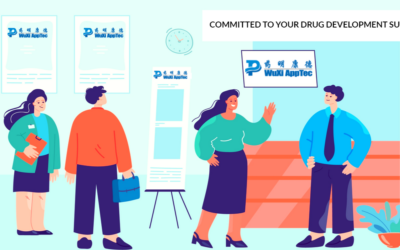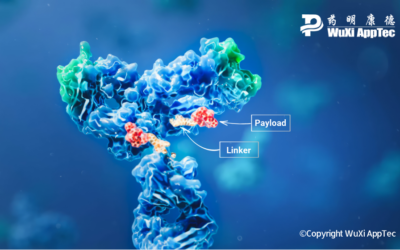A successful Investigational New Drug (IND) application is imperative for research involving human participants ingesting or applying a drug product. Sponsors can take several potential regulatory pathways, but all pose unique challenges and requirements. The right laboratory testing partner can ease this process, avoiding longer timelines and bloated budgets. Drug sponsors should consider these three key areas before selecting a lab partner.
Preclinical Safety
A Step Forward in Oligo Therapy: A New Assay for Testing Oligo Stability in Plasma
Oligonucleotides (oligos), including small interference RNAs (siRNAs) and antisense oligonucleotides (ASOs), represent a novel class of therapeutic agents capable of precisely targeting and regulating gene expression. This precision allows the potential treatment of various diseases, from genetic disorders to cancers, by silencing harmful genes or correcting genetic abnormalities.
Application of qPCR Technology in the Bioanalysis of Oligonucleotide Drugs
Oligonucleotide drugs have become a hot topic in biomedicine due to their strong specificity, well-established design strategy, short development cycle, and wide range of targets.
3 Benefits of In Vitro ADME Testing Automation
In vitro ADME assays provide the data necessary to ensure the safety and efficacy of your drug candidates. Automating these tests can shorten the time it takes your product to reach the market.
Innovative Bioanalytical Strategies for Oligonucleotide Therapeutics: A New Frontier in American Drug Development
In the evolving landscape of drug development, oligonucleotide drugs (ONDs) stand at the forefront of innovative therapeutic solutions. As the pharmaceutical industry shifts towards addressing complex genetic disorders and resistant forms of cancer, ONDs offer a promising avenue due to their ability to precisely target and modulate gene expression.
6 Types of Toxicology Studies for IND & NDA Programs
Safety assessment studies are critical to the progression of your drug candidate through the preclinical and clinical development process. In this blog, we cover six types of studies that you might need to include.
Bridging Cultures, Breaking Barriers: WuXi AppTec Women Leading the Way in Drug Development
To begin FIH trials, researchers have to demonstrate that the compound is reasonably safe for initial use in humans with toxicity data.
Innovations in Drug Development: The Increased Utility of In Vitro Testing
In vitro assays have become an essential part of the drug development process. In vivo testing has always been limited by the translational gap between laboratory data and a drug’s eventual effect on humans. It’s not as commonly considered, but in vitro studies suffer from a similar chasm.
SOT’s 2024 Annual Meeting: Showcasing Scientific Advancement & Celebrating Milestones
In Salt Lake City’s bustling Salt Palace Convention Center, a significant event in the toxicology world is scheduled to begin on March 10.
Is Your Drug Ready for Preclinical Toxicological Testing?
Preclinical toxicological testing is a critical early milestone in drug development, acting as a gateway to clinical trials.
What Toxicity Data Is Needed Before First-In-Human (FIH) Trials?
To begin FIH trials, researchers have to demonstrate that the compound is reasonably safe for initial use in humans with toxicity data.
Striking the Right Balance: Linker Design in ADC Cancer Therapies
Single dose acute toxicity studies are small, relatively inexpensive studies – but critical to the success of your drug development program.











